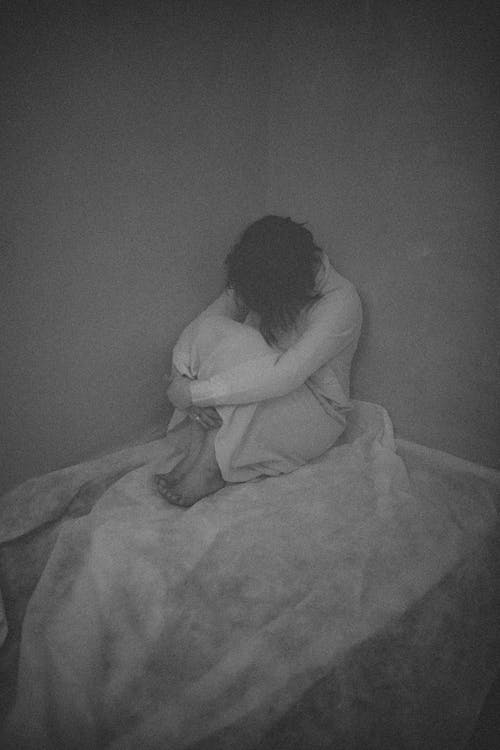Depression is a chronic mental health condition that affects not only the person experiencing it but also their relationships and overall well-being. Knowing the ways in which depression can impact these areas is vital for providing support and seeking suitable treatment.

Below are some ways depression can affect relationships and well-being.
Emotional Withdrawal
Depression often causes emotional withdrawal, making individuals feel detached and emotionally distant from their family and friends. The lack of emotional connection can affect relationships, leading to conflicts, misunderstandings, feelings of rejection, and a sense of isolation.
Difficulties in Communication
Depression often makes communication challenging. Individuals might struggle to express their emotions, thoughts, and needs effectively. This breakdown in communication can prevent understanding, leading to miscommunication and creating tension within relationships.
Loss of Interest and Pleasure
Depression can rob individuals of their ability to be joyful and derive pleasure in activities they once enjoyed. This can result in a lack of engagement, interest, and enthusiasm in shared activities, thereby reducing the quality of interactions and creating a sense of disconnect in relationships.
Increased Conflict and Tension
Depression can contribute to increased conflict and tension in relationships. Negative thoughts and feelings connected with depression, such as irritability, sadness, and anger, can lead to arguments, misunderstandings, and strained relationships between partners, friends, and family members.
Neglected Self-Care and Wellbeing
Depression often causes individuals to be negligent when it comes to self-care routines, such as exercise, healthy eating, and sufficient sleep. This neglect can lead to a decline in physical health and overall well-being, further impacting relationships as the individual’s ability to provide support and engage in activities may be compromised.
Depression can have far-reaching effects on relationships and overall well-being. Recognizing and understanding these impacts is crucial in supporting individuals experiencing depression.
It is important to seek professional help, practice open and compassionate communication, and prioritize self-care to reduce the negative effects of depression and nurtu healthier relationships and improved well-being.
